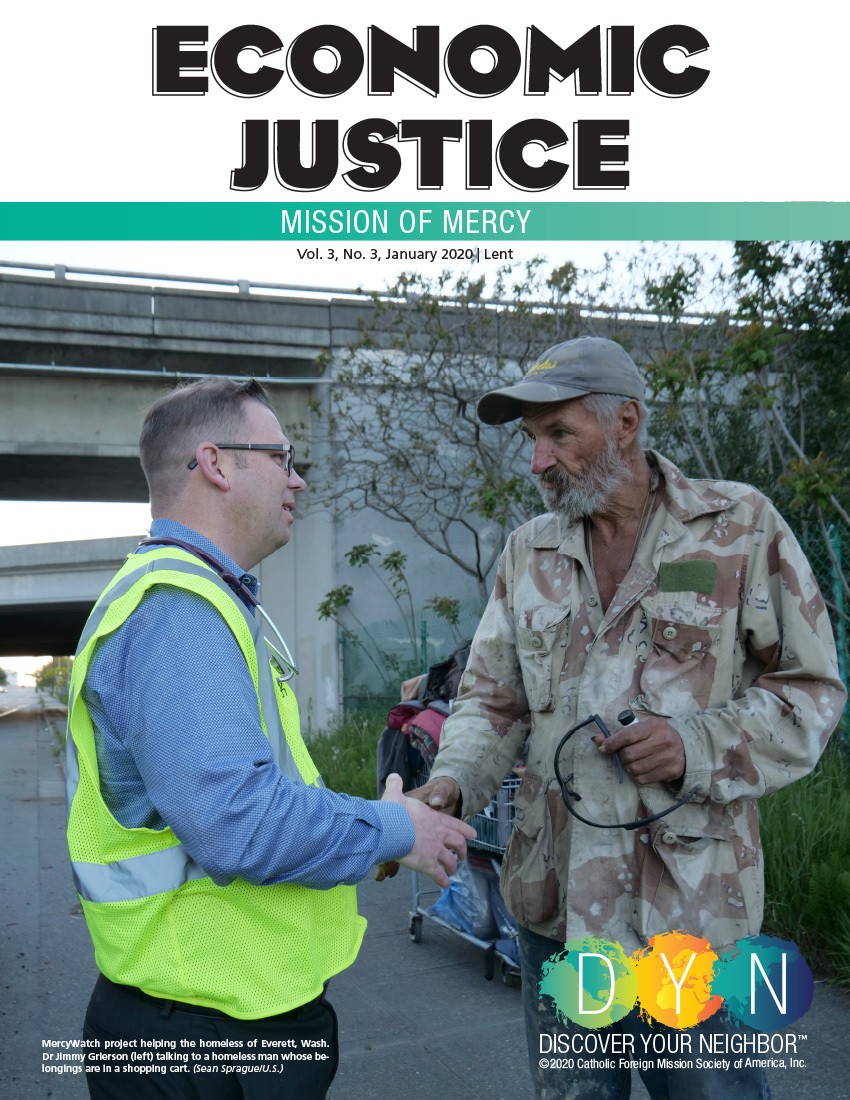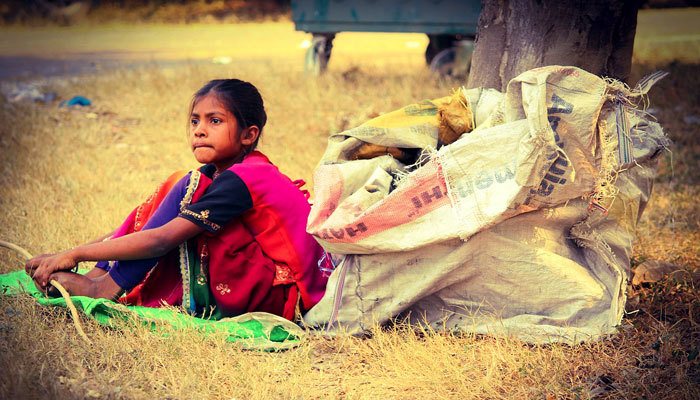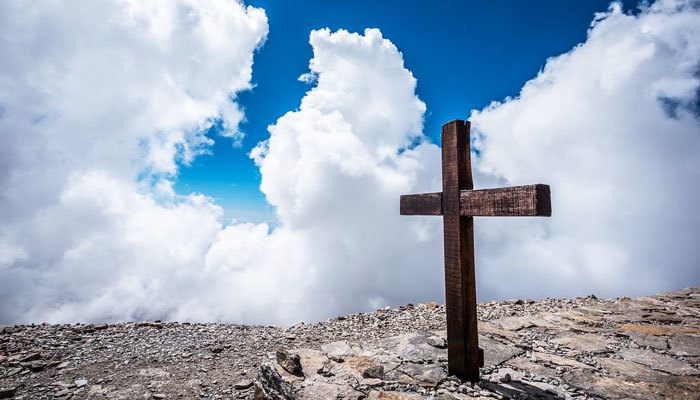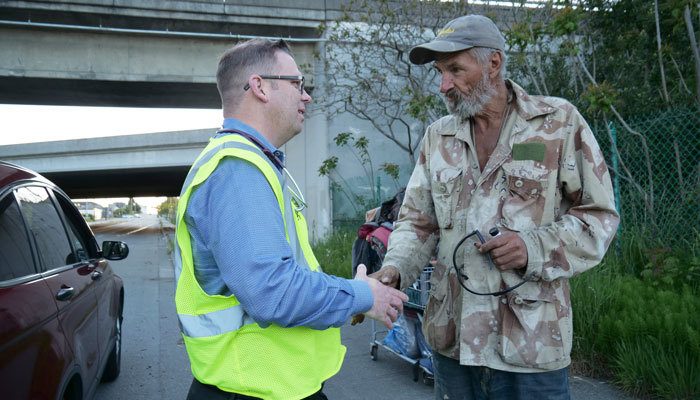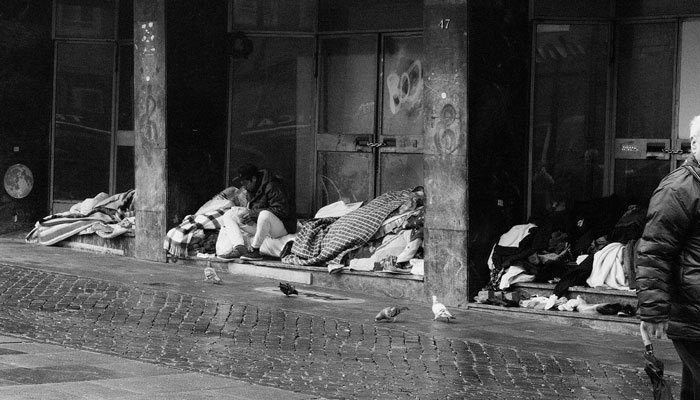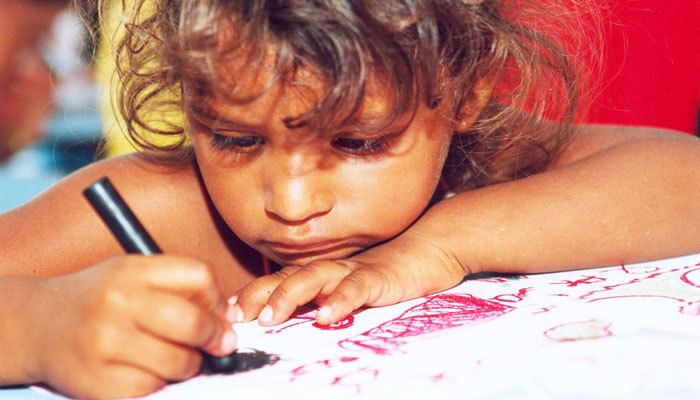Access your Middle School or K-5 Educator’s Guide for your classroom by filling out the form below. You will then be directed to a page where you can download a high quality PDF file to print out or share digitally.
Download the:
In this issue students will
ANALYZE the situation of homelessness in their community in the context of global economic justice,
APPLY scripture, Catholic Social Teaching, and their call to live as Missionary Disciples in today’s world, then
DESIGN a plan to respond and
ENGAGE their peers, families and community in this mission of mercy.
Jesus, during these days of Lent help me to see in your Cross all the crosses of the world:
- the cross of people hungry for food and for love;
- the cross of people dying from lack of clean water;
- the cross of people sick and in need of health care;
- the cross of people without shelter;
Jesus, by the sacrifice of your cross you restored hope; help me to find the strength and courage to live your mission of mercy and share love and hope with those people burdened by the weight of their cross. AMEN
(adapted from Pope Francis)
READ the FAITH PERSPECTIVE and NEIGHBOR FOCUS articles and WATCH Fr. Bob’s Video.
DISCUSS: According to the National Alliance to End Homlessness 552,830 people in the U.S. experienced homelessness on a single night in 2018. What do you know about homelessness in your community? Fr. Bob, who works in Bangladesh, believes love is the purpose of life and doing something is better than nothing. If you were to respond in love and do something for the homeless in your area, what would you do? What is Fr. Bob doing there that helps us respond to homeless here? Use the activity below to learn more about the people who may be without homes near you.
RESEARCH: stories of persons living without a home in your community.
DISCUSS: the stories you have found in small groups. Share what you learned while doing your research. Did your opinion change about anything once you learned a person’s story? What needs do the people in these stories have that are not being met
DESIGN: a project that your class/group could do to meet a need of people without homes in your neighborhood. What are the steps you would need to take to begin your project?
PRESENT: your ideas to the group/class.
Every morning as the sun rises Fr. Bob McCahill, M.M. begins his journey of mercy as he travels the roads of Bangladesh on his bicycle seeking out the poor and sick. He says, “anyone who is seriously ill, young and poor, I will help”.
His neighbors will tell Fr. Bob about a sick or child with a disability and he will travel many miles on his bike to visit that child. He explains, “my bicycle is important because it helps me go long distances and people see me and say this old guy is sweating for our kids.”
Fr. Bob takes children once a week by bus to the city to receive medical care.
He says, “I am just trying to show what a Christian is and does. Not that I do it well but I do something, and the Bengalis often say something is better than nothing.
They see that love is the purpose of life and that is what I am trying to teach, the purpose of life is love.”
Two nights a week, a group called MercyWatch, hits the streets in Everett, Washington. They offer medical care, basic necessities and kindness to people experiencing homelessness..
The group is composed of volunteers including doctors, nurses, social workers and everyday people who want to do what they can for others. So every Tuesday and Thursday these volunteers can be found in a parking lot offering medical care from their cars.
Deacon Dennis Kelly, who is a member of the Maryknoll Deacon Mission partners, began MercyWatch in 2015. Dennis explains that MercyWatch was begun because in his visits with the homeless he realized that medical attention for the poor is so hard to come by.
Dennis says, “Our aim is to create a circle of care around people who are homeless. When you get to know them as human beings, what you find is some form of trauma happened in their life which has brought them to the point where they are.”
The MercyWatch volunteers get to know each person on a personal level and try to understand their trauma.
Another volunteer in the group describes “Before we go out, we say a little prayer and ask God to send us to the people who need us most. It is challenging but very rewarding.”
READ ONE OF THE FOLLOWING:
OLD TESTAMENT: Psalm 146: 5-9
LIFE OF JESUS: : Luke 15: 11-32
CHRISTIAN LIVING: James 2: 14-26
REFLECT: What do these Scriptures say about mercy and how we should treat others? Based on this Scripture, how should we act as Missionary Disciples? Where in the world or your community do you see mercy most needed?
CREATE: A social media post with pictures or words finishing this sentence, “Mercy is”. If you post your message, ask your followers to finish the sentence for themselves.
The Corporal Works of Mercy give us a model for how we should treat others, They are: Feed the Hungry; Give Drink to Thirsty; Clothe the Naked; Shelter the Homeless; Visit the Sick; Visit the Prisoners; Bury the Dead.
The US Catholic Bishops define “Shelter the Homeless” by explaining, “There are many circumstances that could lead to someone becoming a person without a home. Christ encourages us to go out and meet those without homes, affirming their worth and helping them seek a resolution to the challenges they face. “ USCCB (The Corporal Works of Mercy)
Step 4: Take Action
WATCH these videos Go Beyond Hello and Parents and Kids talk about Homelessness. “Go Beyond Hello” shares a story of students encountering people experiencing homelessness and finding ways to connect with them and their stories. The second video has kids sharing their stories of living without a home.
During Lent Catholics are invited to Pray, Fast, and Give Alms.
This Lent PRAY for children and families experiencing homelessness.
CREATE; a ritual to pray for this special intention. i.e. Take a pillowcase and a sharpie and each day write a short prayer on it for those who do not have a place to lay their heads tonight.
FAST from ignoring or judging those who are without a home. Find ways to get to know their stories and them as individuals.
GIVE of yourself by sacrificing something important to you. Learn about local efforts to help the homeless and find out what you can do to help. For example: avoid eating out. Save the money you would have spent and give it to children in agencies in your community.
Ask what the families need and be creative. Perhaps buy a gift card to where you would have had your meal and give it to a family so they can eat out.

